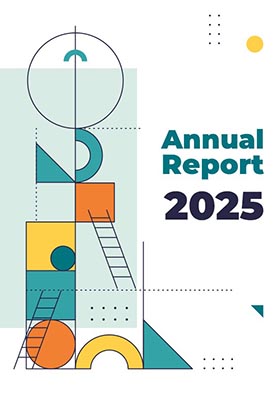On (January 2022) , Ooroubah Mahmoud, Sama Faron, Firas Barakat, Mohammed Bayyoud, Nidal Darwish, Nermeen Ahmad Sayyad published a new study in (International Journal of Economics, Business and Management Research) titled Reality of Financial Risk Management in Palestinian Hospitals, Case of “al-makassed Islamic Charitable Society Hospital”. The article aimed to assess the reality of financial risk management in Palestinian hospitals, case of Al-Makassed Islamic Charitable Hospital in Jerusalem. The results of this study demonstrated that there was a strong positive relationship between financial risk management and the hospital’s ability to maintain the quality and safety of patient care. For hospital employees there is a moderate agreement with financial dimension and profitability dimension, however, they have a high agreement with the effects of financial risk. For patient's high agreement with the importance of Economic factors when deciding to treat in a hospital and the suitability of prices. The researcher reached several conclusions which are as follows:
- There is an absence of financial risk management implementation in Makassed Hospital; as all the plans developed by the hospital are devoid of applying any of the financial risk management stages.
- The hospital's plans focus on development in the medical services aspect, with very little focus on developing the financial and administrative aspects.
- The hospital administration has set a goal to enable Palestinian citizens to obtain a high- quality and fast medical service regardless of the seriousness of their condition and ability to pay. It also provides treatment for patients referred from the Ministry of Health at low prices (less than cost). Although this goal is humanitarian and supports the steadfastness of the Palestinian citizen on his land, this goal exceeds the hospital's ability.
- Despite the hospital's superiority and excellence in medical terms; However, it suffers from a chronic financial crisis (millions of shekels), which it has not been able to get out of for several years. The hospital has sometimes reached the point of being unable to pay the employees' salaries. As a result, workers went on strike several times. To overcome this crisis, the hospital had to borrow from banks. This financial crisis is mainly caused by the provision of treatment at a cost or lower price to the transfers of the Ministry of Health (70% of patients), and the irregular transfers of the funds owed by the Ministry of Health.). For more information about the study, please contact the main author at (email the corresponding author) or the scientific research office at (This email address is being protected from spambots. You need JavaScript enabled to view it.)


